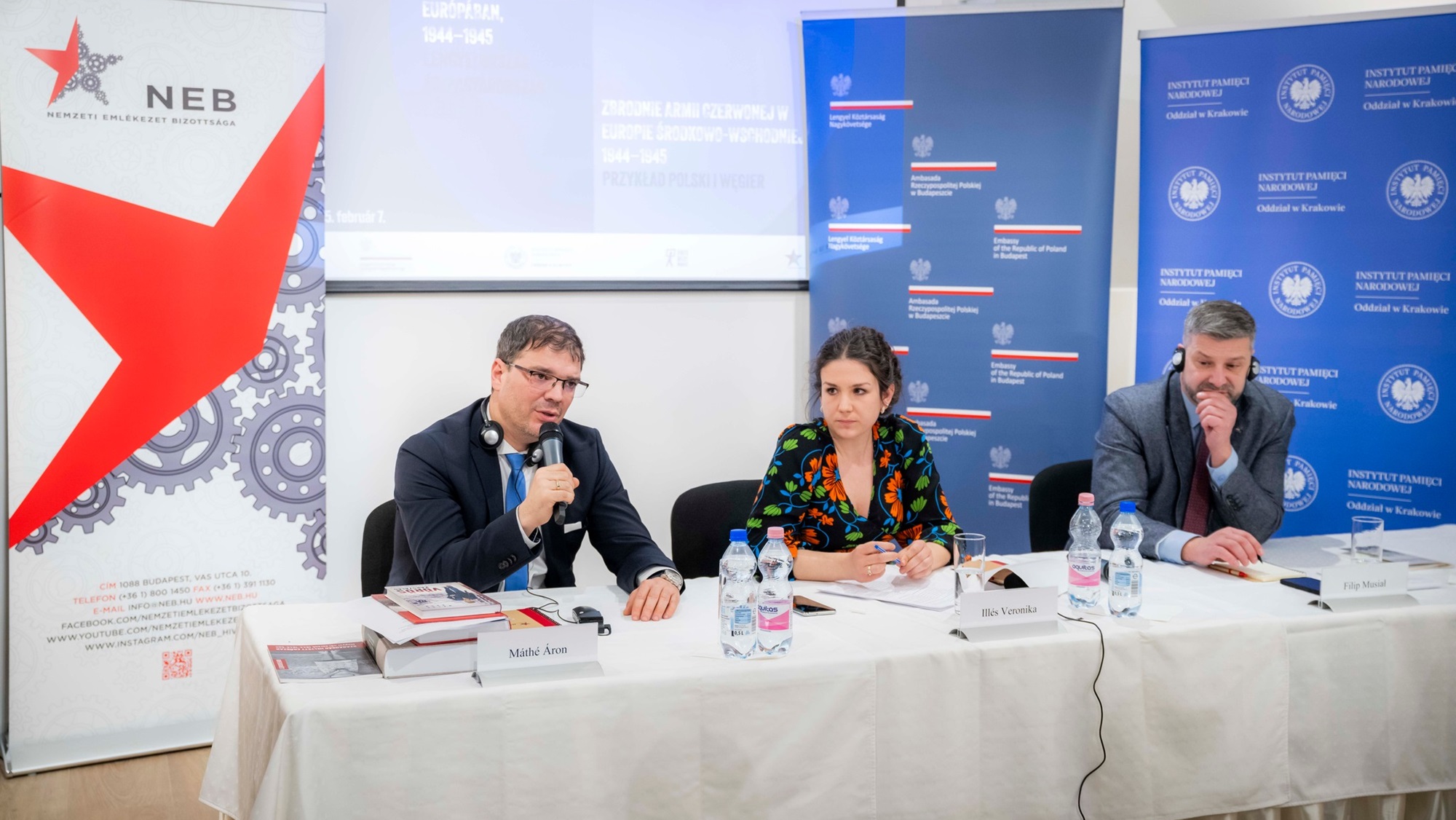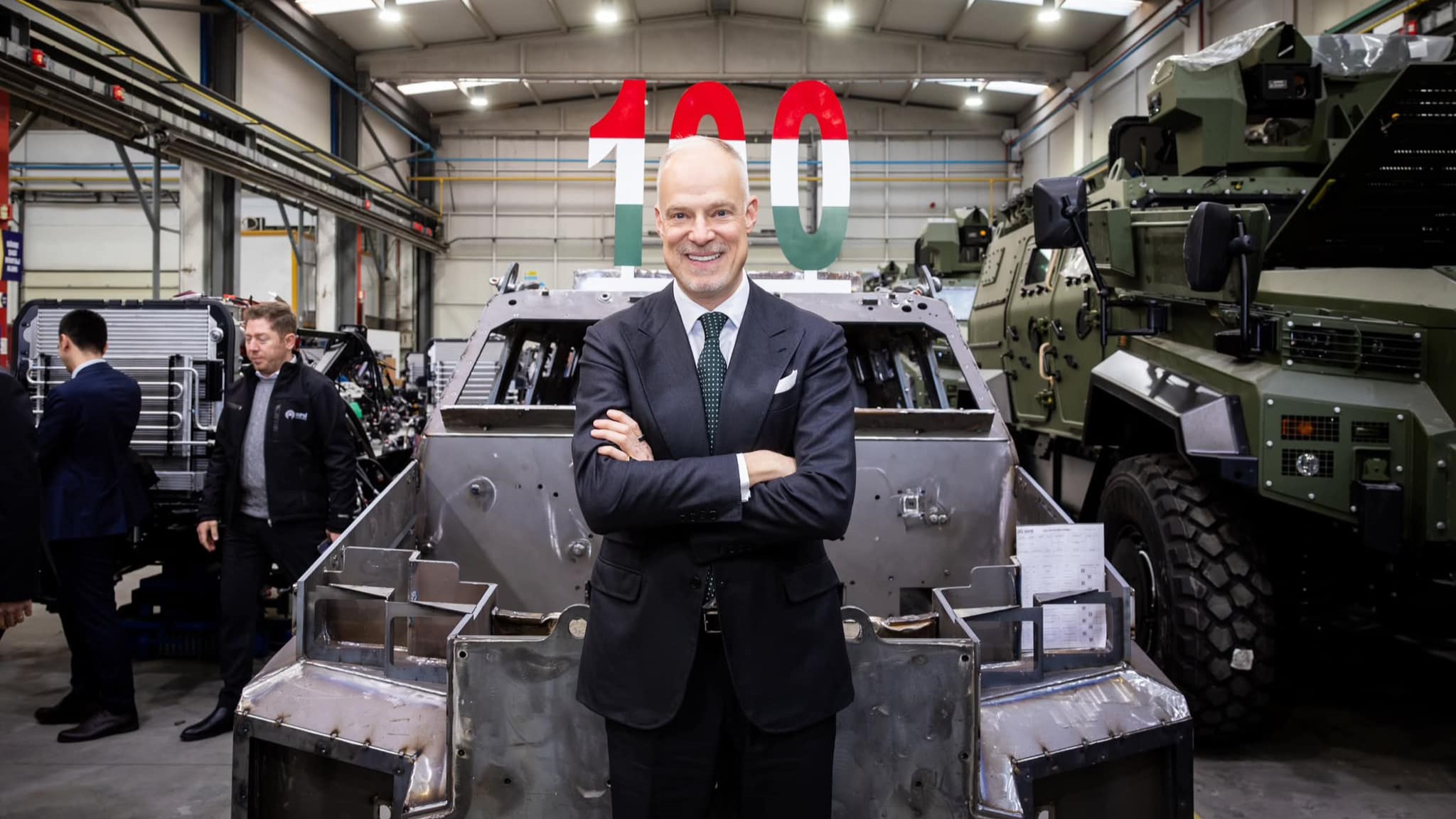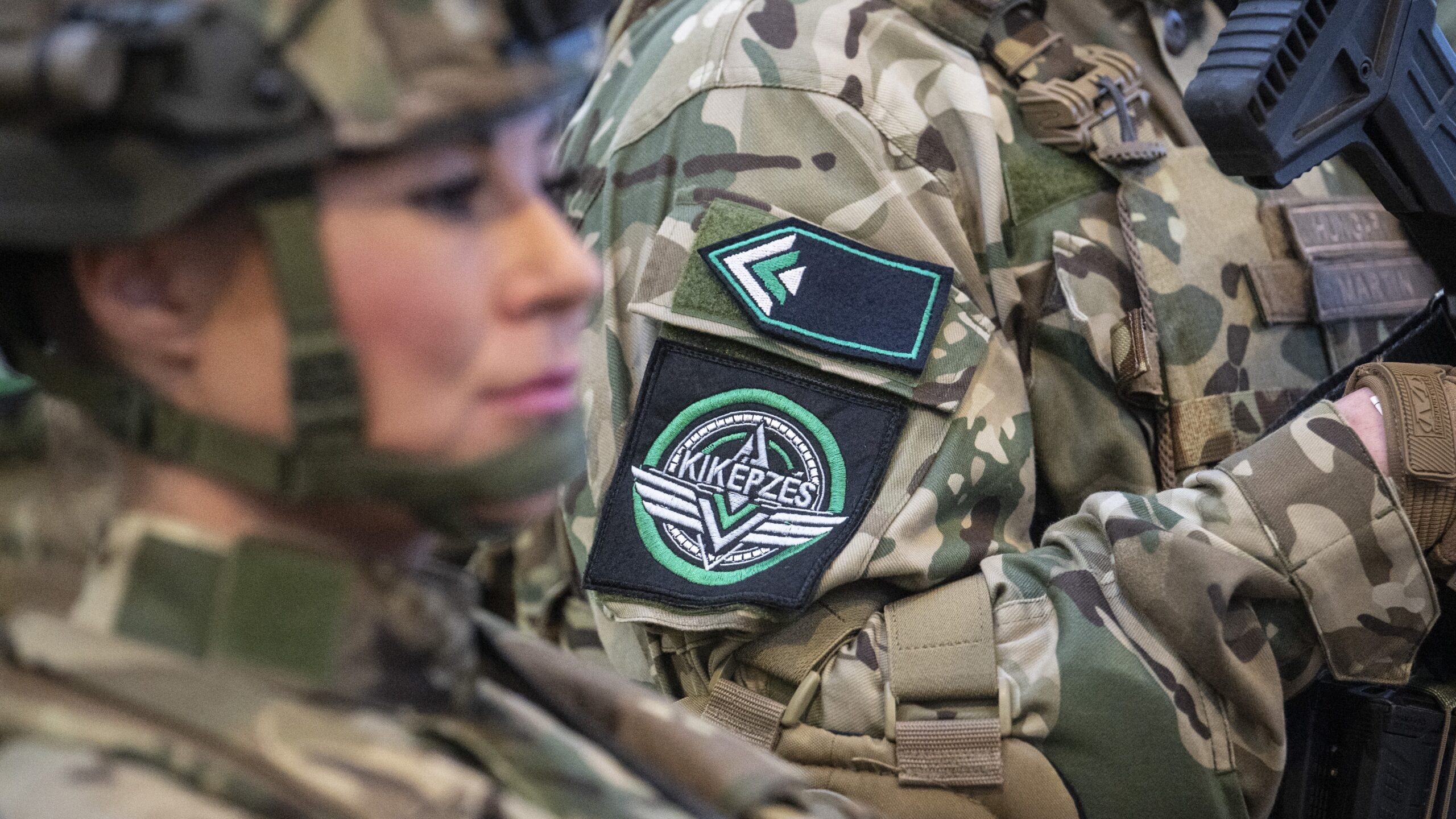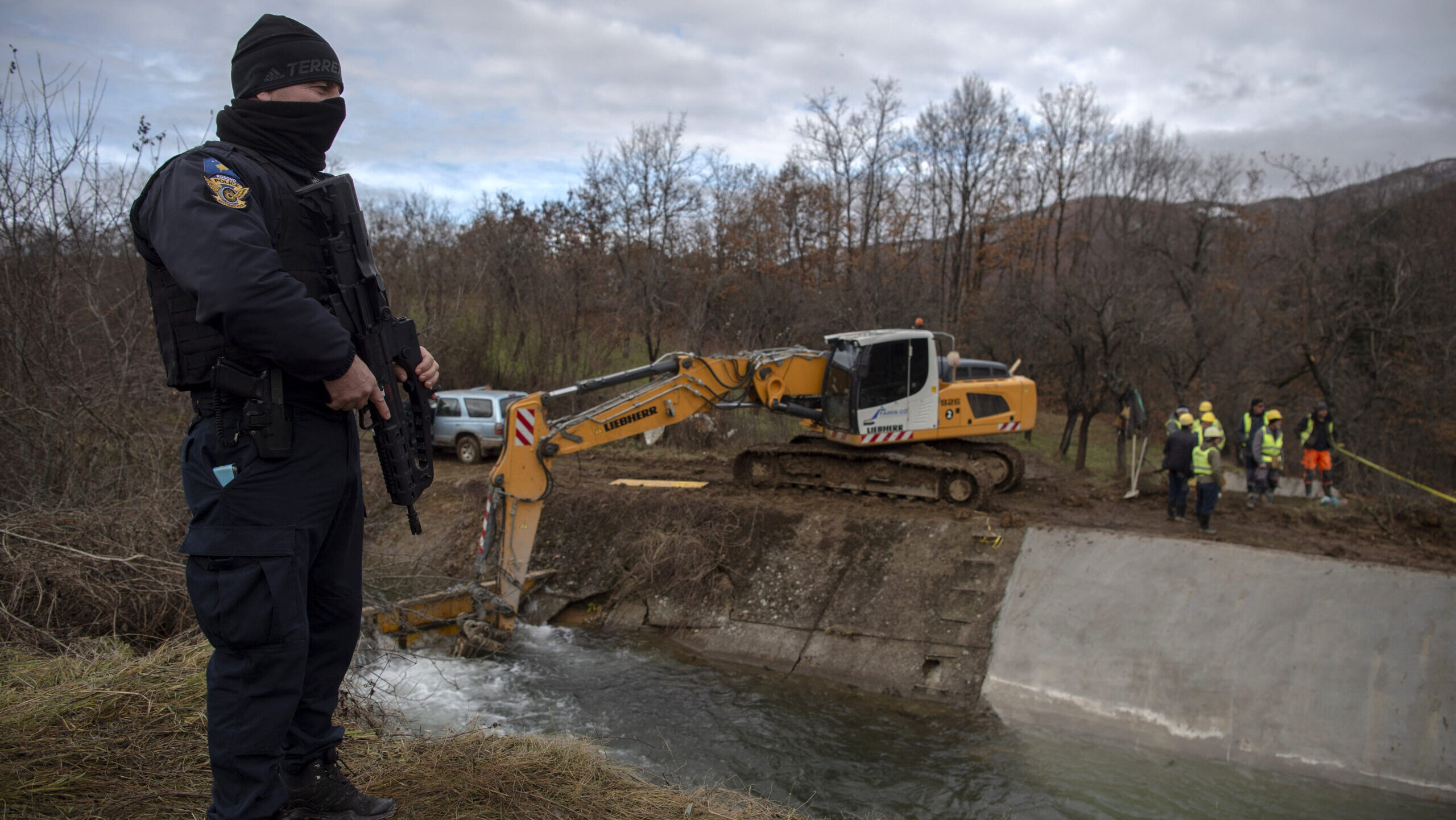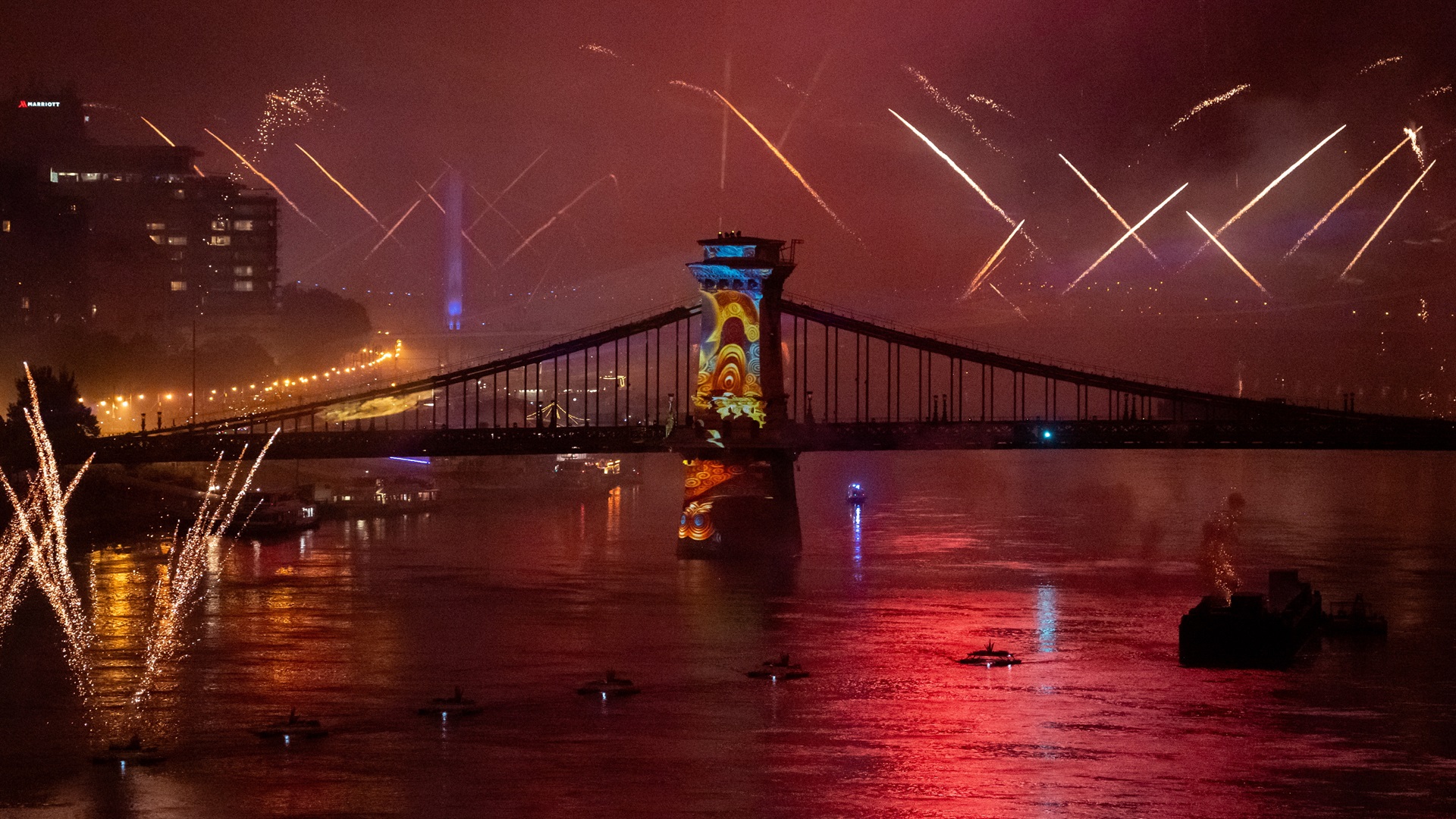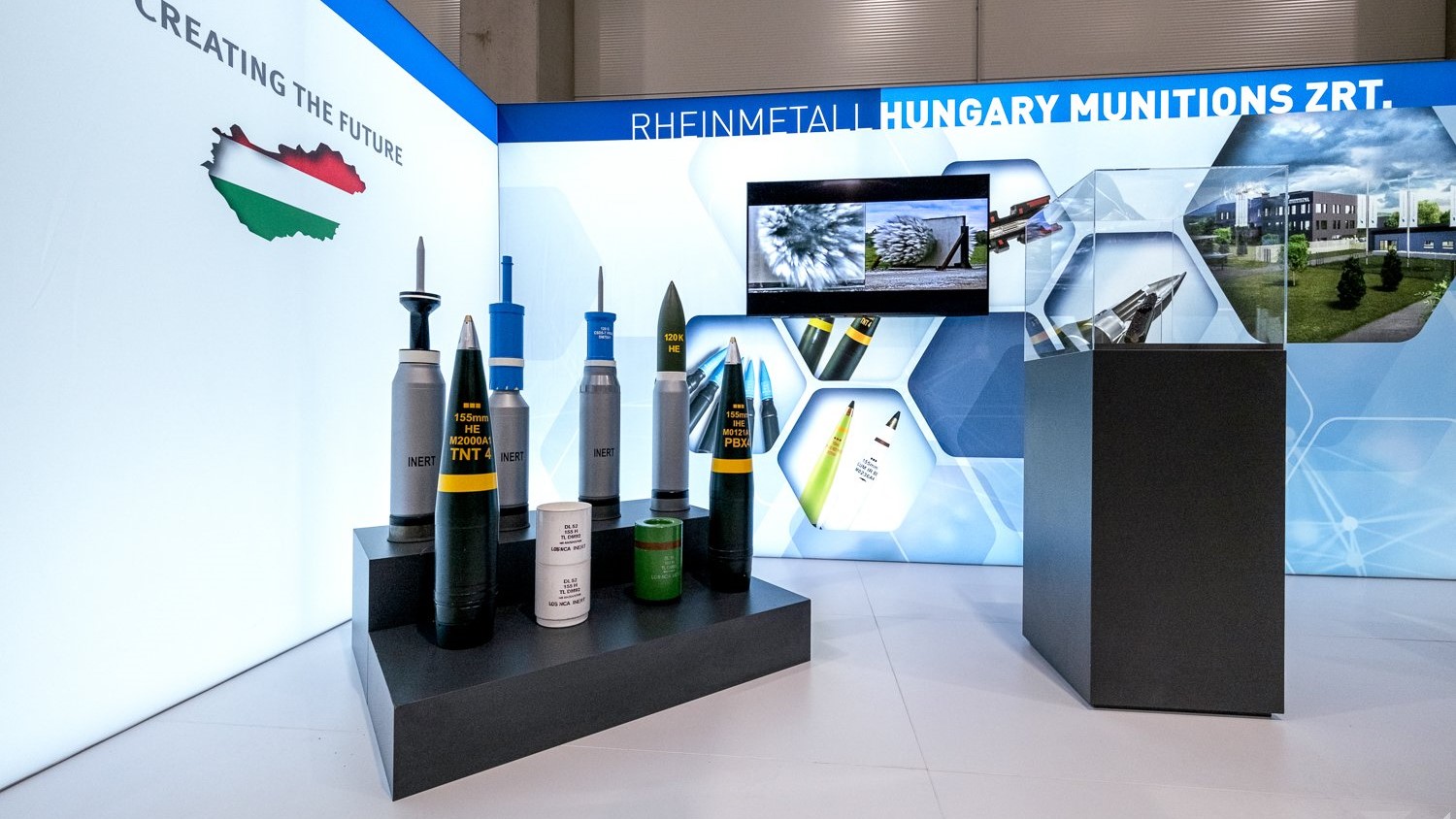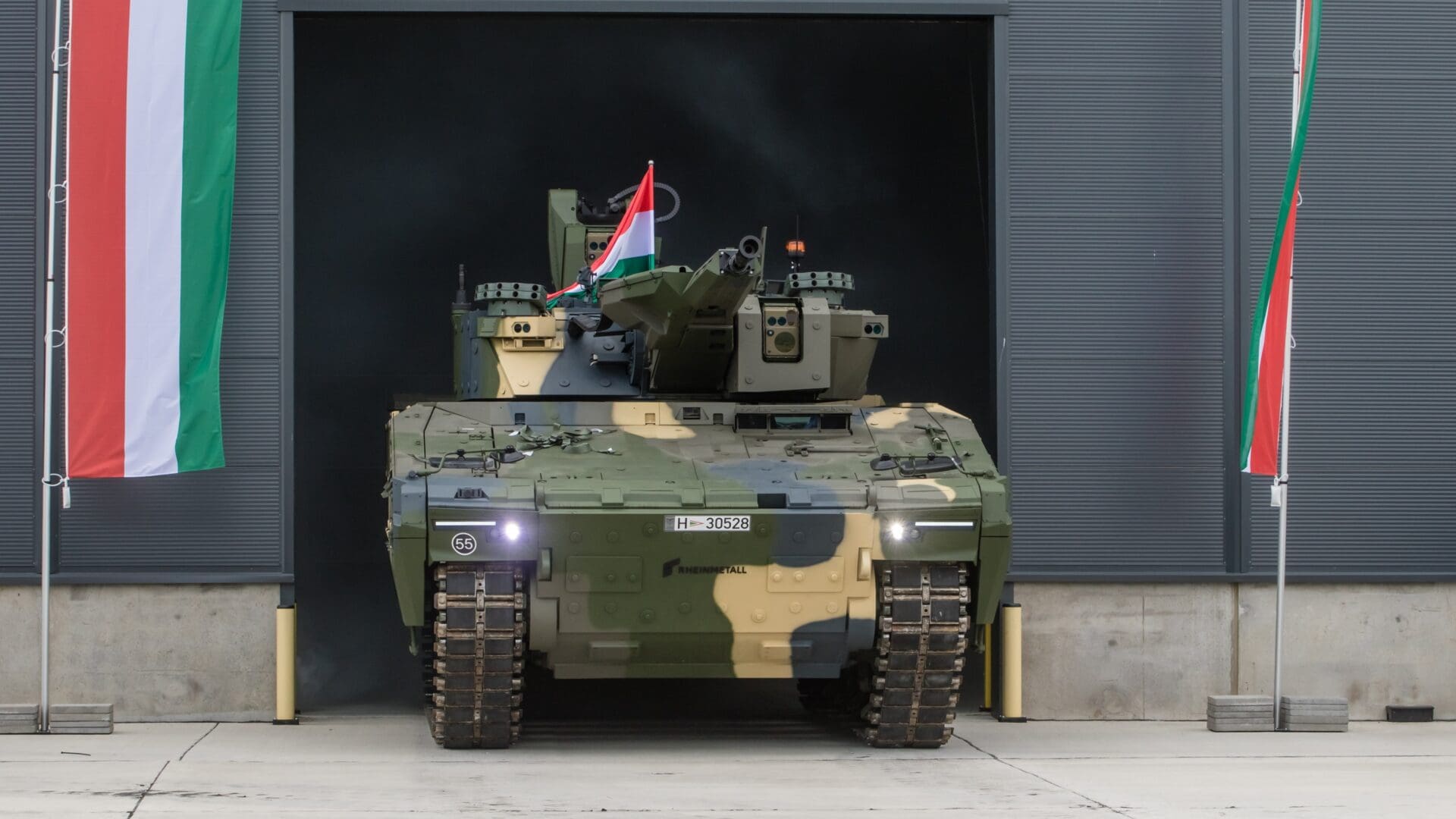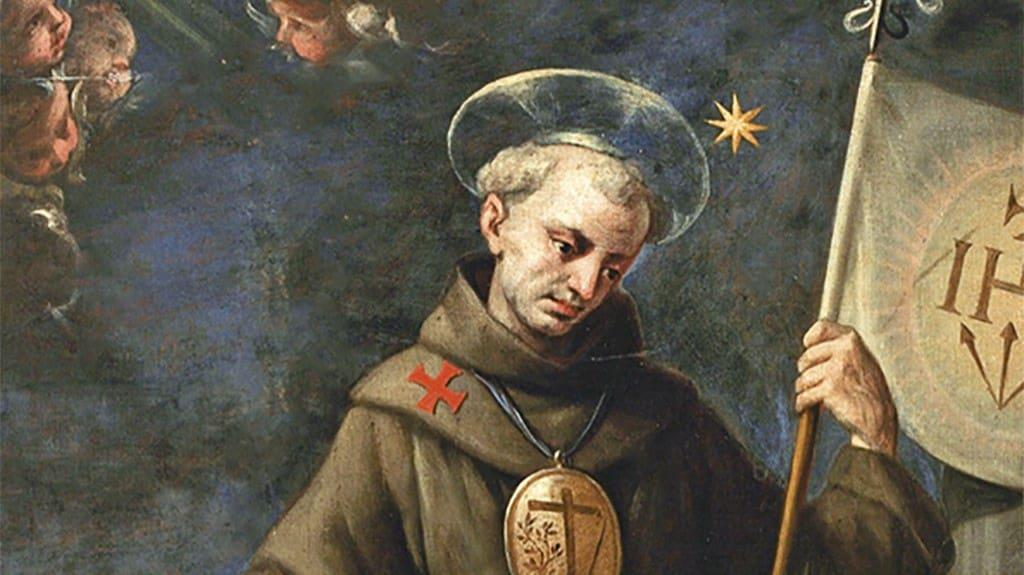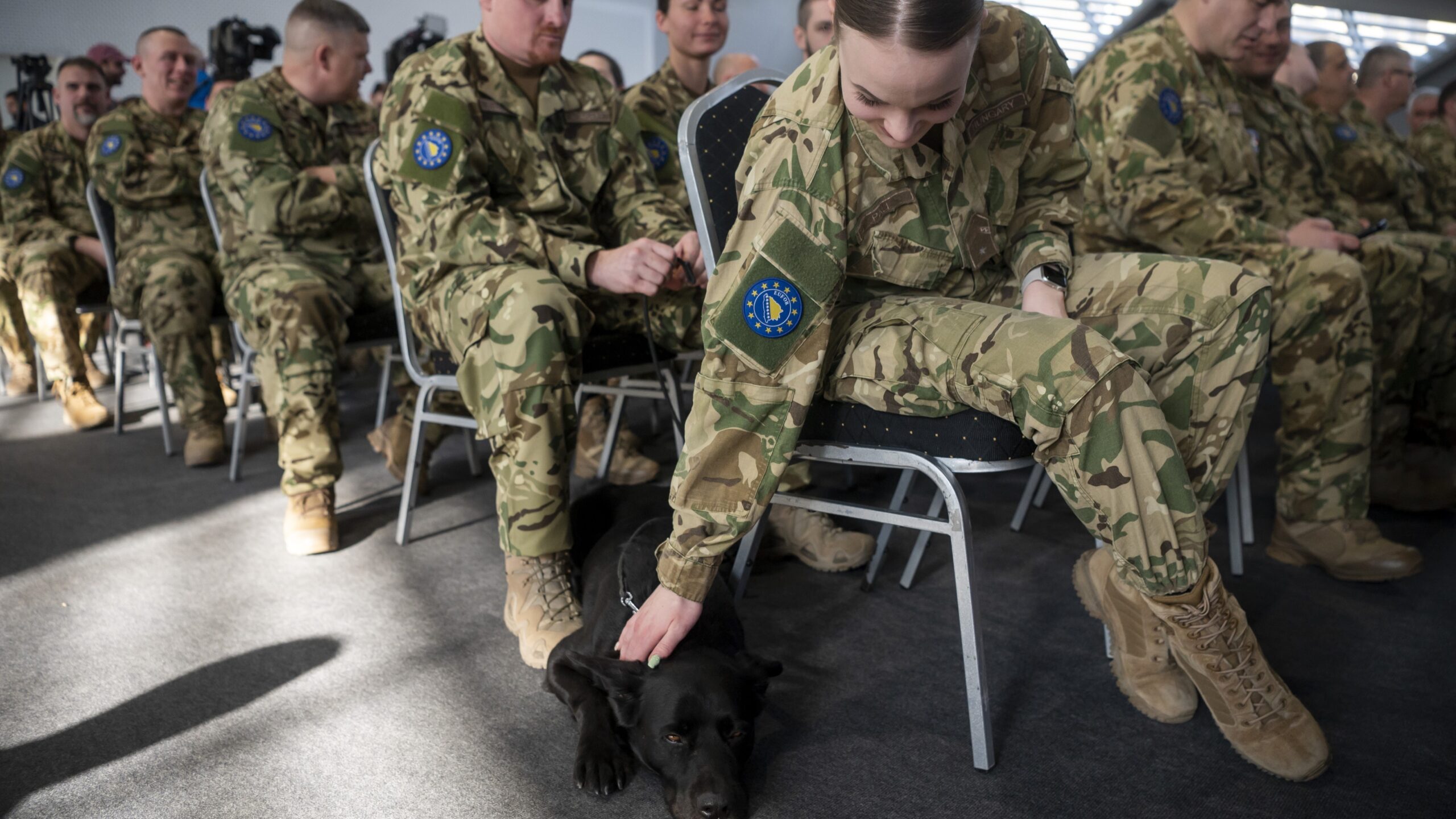
Hungary’s Leadership in EUFOR Althea Earns International Recognition
Hungarian troops have earned international recognition for their leadership in the EUFOR Althea peacekeeping mission in Bosnia and Herzegovina, Defence Minister Kristóf Szalay-Bobrovniczky stated on Monday. The mission marked a historic milestone as Hungary took command of the EU’s peacekeeping mission for the first time.

